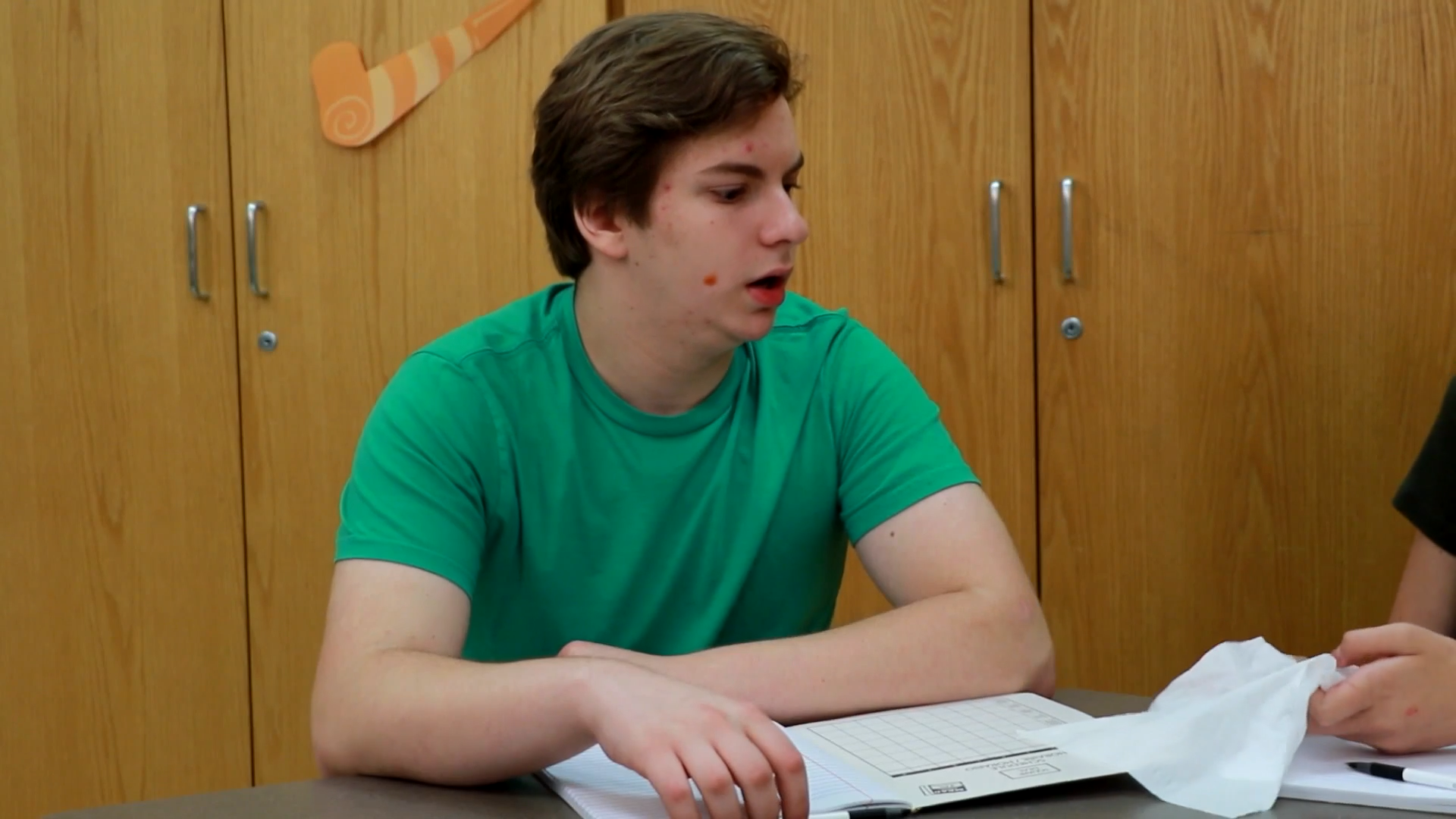
Introduction
Embarrassment is a natural part of life, and everyone experiences it at some point. As educators, it is essential to teach students how to handle these awkward moments and maintain a positive mindset. This blog post will discuss strategies for managing embarrassment through social-emotional learning, including a no-prep activity, discussion questions, and related skills.
No-Prep Activity: The Embarrassment Role-Play
This activity requires no preparation or materials from the educator. It is designed to help students practice overcoming embarrassment in a safe and supportive environment. Here’s how it works:
- Divide the students into small groups of 3-4 individuals.
- Ask the students to think of a common embarrassing situation, such as spilling a drink or tripping in public.
- Have each group role-play the situation, with one student acting as the person experiencing embarrassment, and the others as observers or participants in the scene.
- Encourage the student experiencing embarrassment to practice using positive self-talk, such as repeating phrases like “It’s okay,” “I can handle this,” or “This isn’t a big deal.”
- After the role-play, discuss as a class how the positive self-talk helped the student handle the embarrassing situation.
Discussion Questions
Use these questions to stimulate further discussions on dealing with embarrassment:
- Why do you think people feel embarrassed when they make mistakes or experience awkward moments?
- How can positive self-talk help us overcome embarrassment?
- What are some other strategies to stay calm and maintain a positive mindset during embarrassing situations?
- How can we support our friends or classmates when they feel embarrassed?
- Can you share a personal experience of feeling embarrassed and how you handled it?
Related Skills
In addition to dealing with embarrassment, students can benefit from learning other related social-emotional skills, such as:
- Empathy: Understanding and sharing the feelings of others can help students support their peers during embarrassing moments.
- Resilience: Developing the ability to bounce back from setbacks and maintain a positive attitude is essential for overcoming embarrassment and other challenges.
- Self-awareness: Recognizing one’s own emotions and reactions to embarrassing situations can help students develop strategies for managing their feelings effectively.
- Communication: Expressing oneself clearly and assertively can help students navigate embarrassing moments and prevent misunderstandings.
Next Steps
Helping students develop strategies for dealing with embarrassment is an essential part of social-emotional learning. To explore more activities and resources for teaching these skills and others, sign up for free samples of skill-based materials at EverydaySpeech.com.

